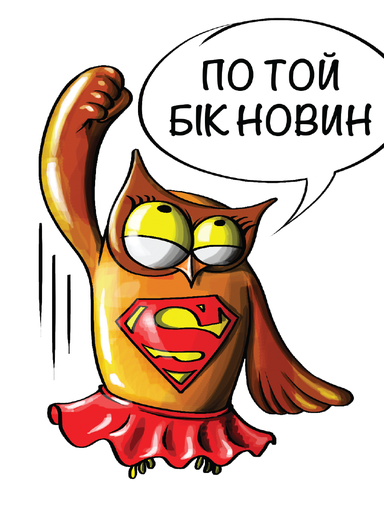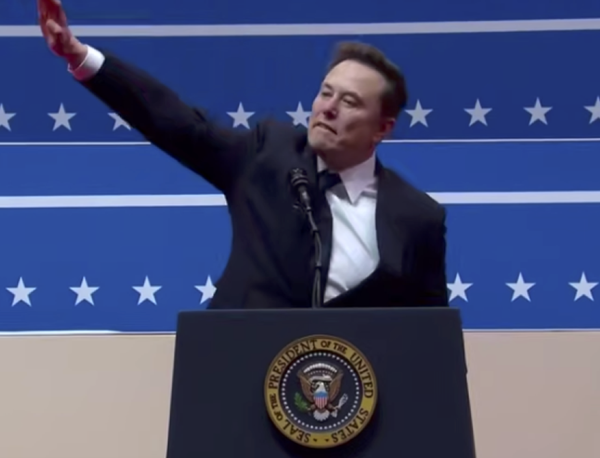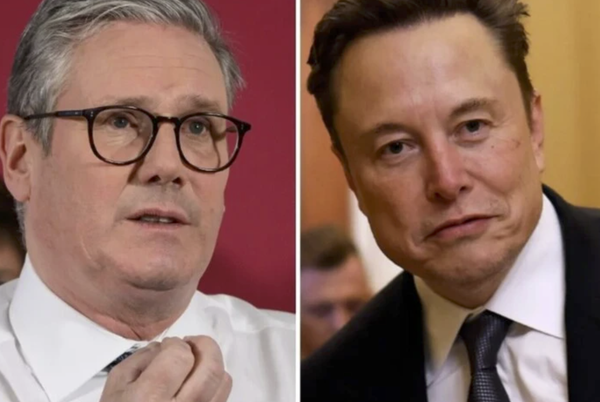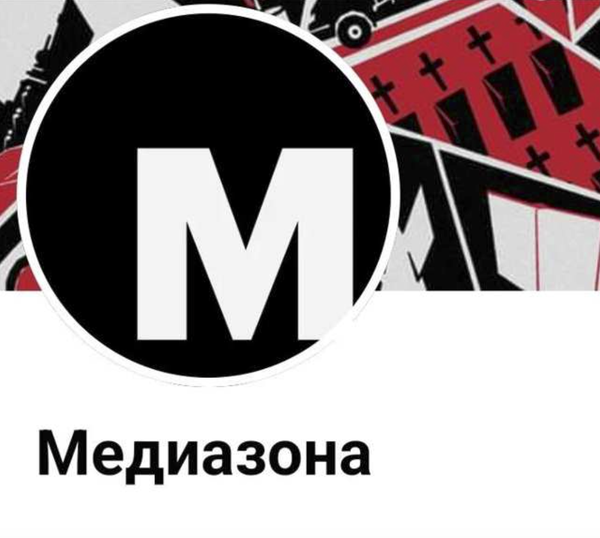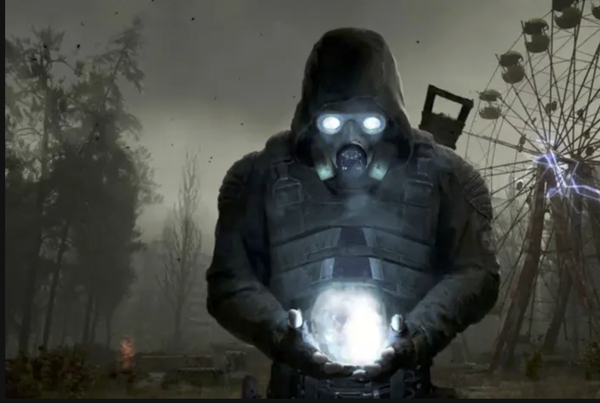How Russia has been spreading fakes about Zelensky's illegitimacy since 21 May 2024
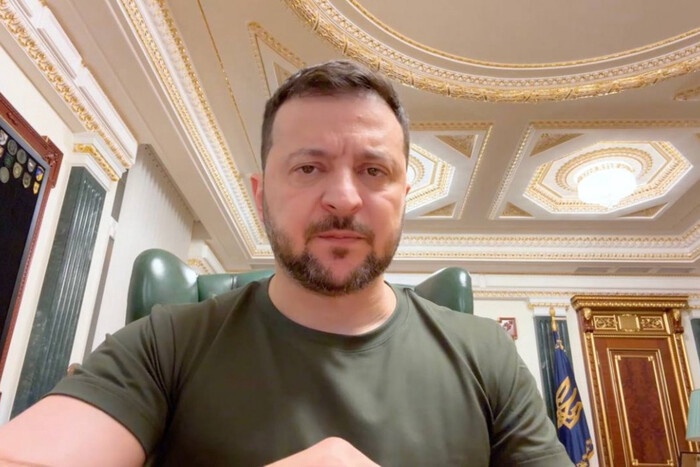
russian PSYOPS employs a myriad of tactics to destabilize the situation in Ukraine. Today, according to Ukrainian intelligence, enemy propaganda is focusing on the so-called Maidan-3 special operation, with a key narrative revolving around “the illegitimacy of Volodymyr Zelenskyy since May 21, 2024”.
This falsehood has been circulating within russian propaganda circles since last year, but it gained momentum in the month before the “Elections” special operation, when dictator vladimir putin re-elected himself to the throne.
The strategic aim? To exploit the opposition: russia, they assert, is a democratic country amid the ongoing “SMO” (“special military operation”, their term for the war against Ukraine) and the elections in russia were not cancelled, while Ukraine’s current leadership has allegedly usurped power as they don’t plan to hold elections.
The notion of Zelenskyy’s illegitimacy finds resonance across various Telegram channels, some periodically, others interpreting the news differently or on any other occasion to further the narrative.
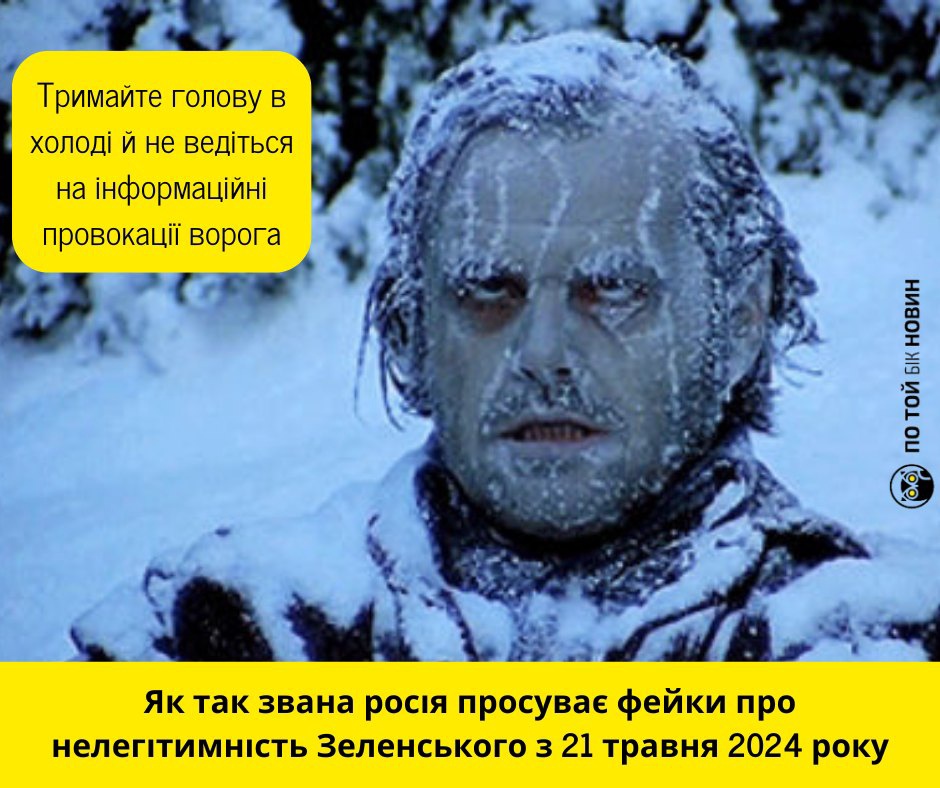
Had martial law not been imposed in Ukraine due to russia’s full-scale invasion, presidential elections would have been slated in Ukraine for March 31, 2024 — barely a week away. Whether a new president had been elected or the incumbent re-elected would have depended on the unfolding events.
So, why the fixation on May 21 by Russia? In fact, it’s the date marking the expiration of Zelenskyy’s five-year presidential term after his inauguration. If not for the war, the inauguration of either a new or re-elected president of Ukraine would have occurred around this date. Hence, russian PSYOPS contends that from May 21 onward, Zelenskyy’s presidency will be illegitimate.
However, the date of May 21 only recently emerged as the focal point. Previously, russian propagandists incessantly cited March 31 — the very day of the presidential election in Ukraine.
It’s the Constitution of Ukraine. The enemy’s propaganda narrative refers to Article 103, which delineates a five-year term for the President of Ukraine, and Article 112, outlining the Chairman of the Verkhovna Rada’s role in case of the President’s premature resignation.
And yet, russian propagandists don’t even mention the Law of Ukraine “On the Legal Regime during Martial Law”, which unequivocally prohibits holding presidential elections in Ukraine during this period.
In particular, Article 19 of this law — “Guarantees of Legality under Martial Law” — explicitly prohibits:
- amending the Constitution of Ukraine;
- amending the Constitution of the Autonomous Republic of Crimea;
- electing the President of Ukraine or holding elections to the Verkhovna Rada of Ukraine, the Verkhovna Rada of the Autonomous Republic of Crimea and local self-government bodies;
- holding all-Ukrainian and local referendums;
- organizing strikes, mass gatherings and actions.
New elections are only permissible once martial law is lifted or revoked, if they were to be held during the period of martial law.
If russian propagandists do acknowledge all these legal intricacies, they often manipulate the facts, arguing that the Constitution is the main law of Ukraine, so it must be followed as it supersedes all secondary laws.
Furthermore, they sometimes claim that President Zelenskyy crafted martial law legislation “for himself” in order to cling to power. But, they conveniently overlook that the Law of Ukraine “On the Legal Regime of Martial Law” was adopted back in 2015.
The most popular one is the insinuation that Zelenskyy doesn’t intend to hold elections even after the war is over. They claim he’ll re-write the Constitution to remain in power forever. Or, on the contrary, “he’ll steal all he can from the state and flee abroad”.
Many Telegram channels and other social media platforms incessantly “talk about” the dissent within Ukrainian society, heralding imminent protests - dubbed the infamous “Maidan-3”.
Caricatures and memes play a final role and have substantial influence. For example, “I will issue a decree to cancel May Day - Zelenskyy”… as if this would solve the issue of his legitimacy.
In addition, russian propaganda relentlessly pushes possible presidential contenders for impossible elections. Valeriy Zaluzhnyi, ex-commander-in-chief of Ukraine’s Armed Forces, emerges as Zelenskyy’s longest-serving “rival” on the pages of pro-kremlin trash sites. The “conflict” between the two has been fueled by pro-russian communities and bots for some time now, and persists through several “active approaches”. Today, these channels are spreading information that “Ukrainian elites are rallying opposition around Zaluzhnyi”.
Over the past month, Ukrainian media space has seen many articles about the legitimacy/illegitimacy of the President of Ukraine. Many discussions have arisen about legal conflicts surrounding the President’s powers as stipulated in the Constitution. Interestingly, while the Constitution touches on extending the powers of the Verkhovna Rada, it remains silent on presidential extensions.
When Glavkom reached out to the Central Election Commission (CEC) regarding potential elections, the response was unequivocal: elections don’t take place during martial law; hence the powers of the President of Ukraine cannot be curtailed.
This declaration ignited a fresh wave of debates across social media platforms. Numerous voices, including those of posters and commentators, insisted that only the Constitutional Court of Ukraine holds the authority to provide clarifications on this matter, not the CEC. Even Ukraina Moloda newspaper questioned the CEC’s stance, a move quickly picked up by enemy propaganda.
On one hand, these discussions underscore the democratic nature of Ukrainian society, where you won’t be arrested for drawing a few dots on a poster, unlike in russia. Here, free expression is permitted. On the other hand, such debates are a trump card for enemy propagandists aiming to sow discord within Ukrainian society.
A deluge of fake news concerning Zelenskyy’s alleged illegitimacy is expected to peak between March 31 and May 21. According to russia’s plan, Ukrainians must be convinced that the government not only lacks legitimacy but also actively works against the state’s interests, taking advantage of the war and prioritizing personal enrichment over the welfare of the “common people”.
The ultimate goal for russia is to undermine trust and incite another so-called Maidan-3 uprising. Therefore, all accusations against the Ukrainian government, particularly those charged with emotion, demand careful analysis and filtration. Always ask yourself: who stands to gain from this? This isn’t to discourage criticism, but rather to encourage balanced scrutiny of the government ![]()
Prepared by Tetiana Scherbatiuk.

